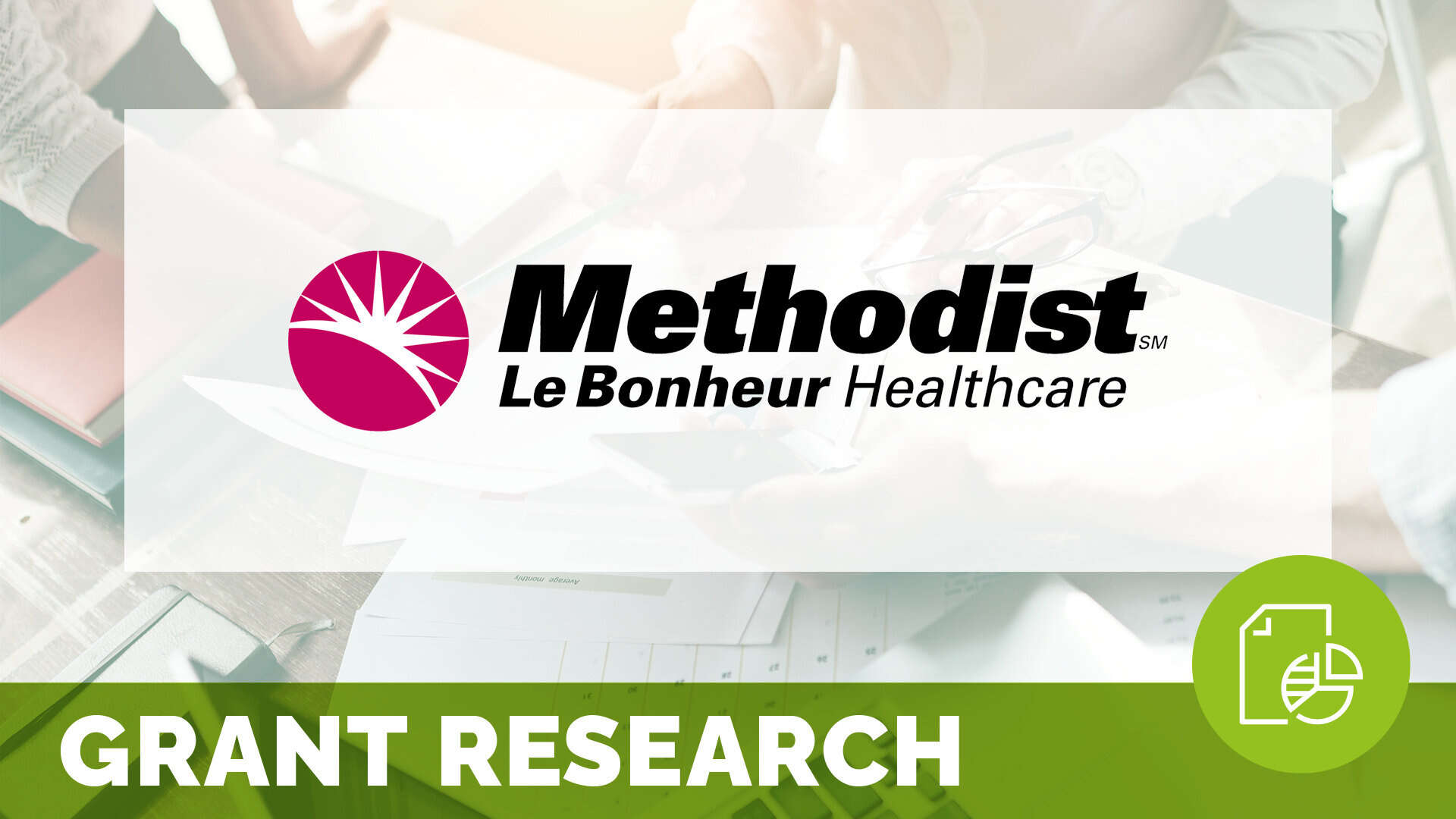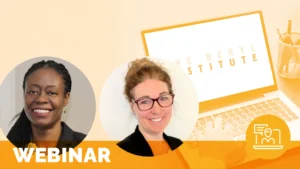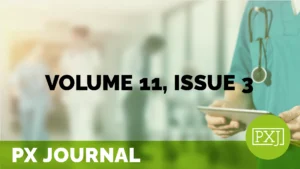The Impact of Organizational Culture Training on Patient-Provider Communication

Methodist Le Bonheur Healthcare defines their culture as “The Power of One.”To build a strong PFCC culture throughout the entire system, Methodist Healthcare diagnosed cultural strengths and opportunities and provided tools and training to define and reinforce the organization’s Power of One culture – the power of one person, one team, one organization and one community to deliver on the promise of exceptional healthcare. This case study used a pre-post intervention study design to assess the effect of Power of One training on patient’s perception of patient-provider communication.
Related content
-
 Culture & Leadership | Staff & Provider Engagement
Culture & Leadership | Staff & Provider EngagementUsing Gratitude to Elevate the Human Experience
In this webinar, the presenters will share how they developed a Gratitude Report as a part of Southcoast Health’s grateful patient program using positive patient feedback, comments, and stories to recognize caregivers that embody the values and service behaviors. The Gratitude Report is a list of employees’ names that have been mentioned by patients and
Learn more -
 Patient Family & Community Engagement
Patient Family & Community EngagementFormer Patients Who Return As Volunteers: An Expression of Gratitude
Alex Seblatnigg, Director of Volunteer Services and Internal Engagement at Shepherd Center—a leading rehabilitation facility specializing in spinal cord and acquired brain injuries—shares the inspiring stories of former patients who return as volunteers after discharge. Tune in as she highlights the unique value these volunteers bring to the patient experience and how they seamlessly integrate
Learn more -
 Patient Family & Community Engagement
Patient Family & Community EngagementConsumers’, Family Members’, and Health Practitioners’ Perspectives on Increasing Activity Engagement of Older Patients Admitted to Geriatric Hospital Units
The aim of this study was to explore the perspective of consumers, family members, and health practitioners on increasing patient activity engagement in a Geriatric Evaluation and Management (GEM) Unit. This study followed a qualitative phenomenology approach. Semi-structured interviews were conducted, audio-recorded and transcribed verbatim with consenting patients (n = 12), family members (n =
Learn more
